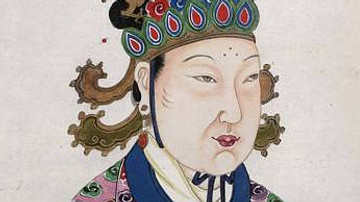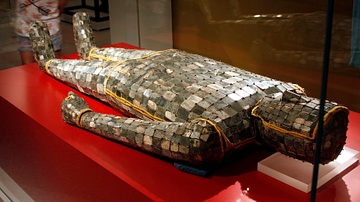Video
About the Author
Cite This Work
APA Style
Macquire, K. (2022, April 12). The Lives of Women in Ancient China. World History Encyclopedia. Retrieved from https://www.worldhistory.org/video/2766/the-lives-of-women-in-ancient-china/
Chicago Style
Macquire, Kelly. "The Lives of Women in Ancient China." World History Encyclopedia. Last modified April 12, 2022. https://www.worldhistory.org/video/2766/the-lives-of-women-in-ancient-china/.
MLA Style
Macquire, Kelly. "The Lives of Women in Ancient China." World History Encyclopedia. World History Encyclopedia, 12 Apr 2022, https://www.worldhistory.org/video/2766/the-lives-of-women-in-ancient-china/. Web. 25 Apr 2025.







